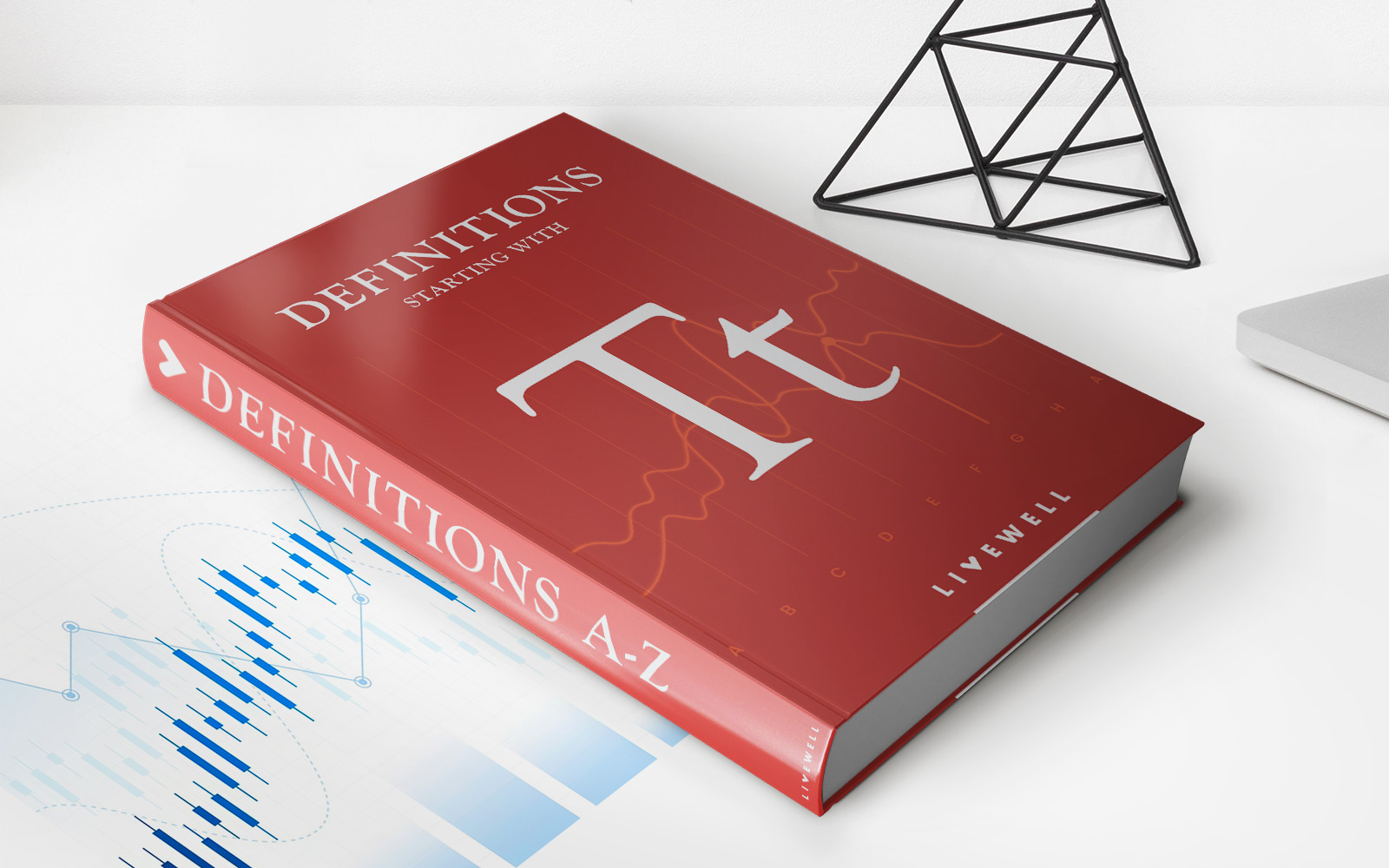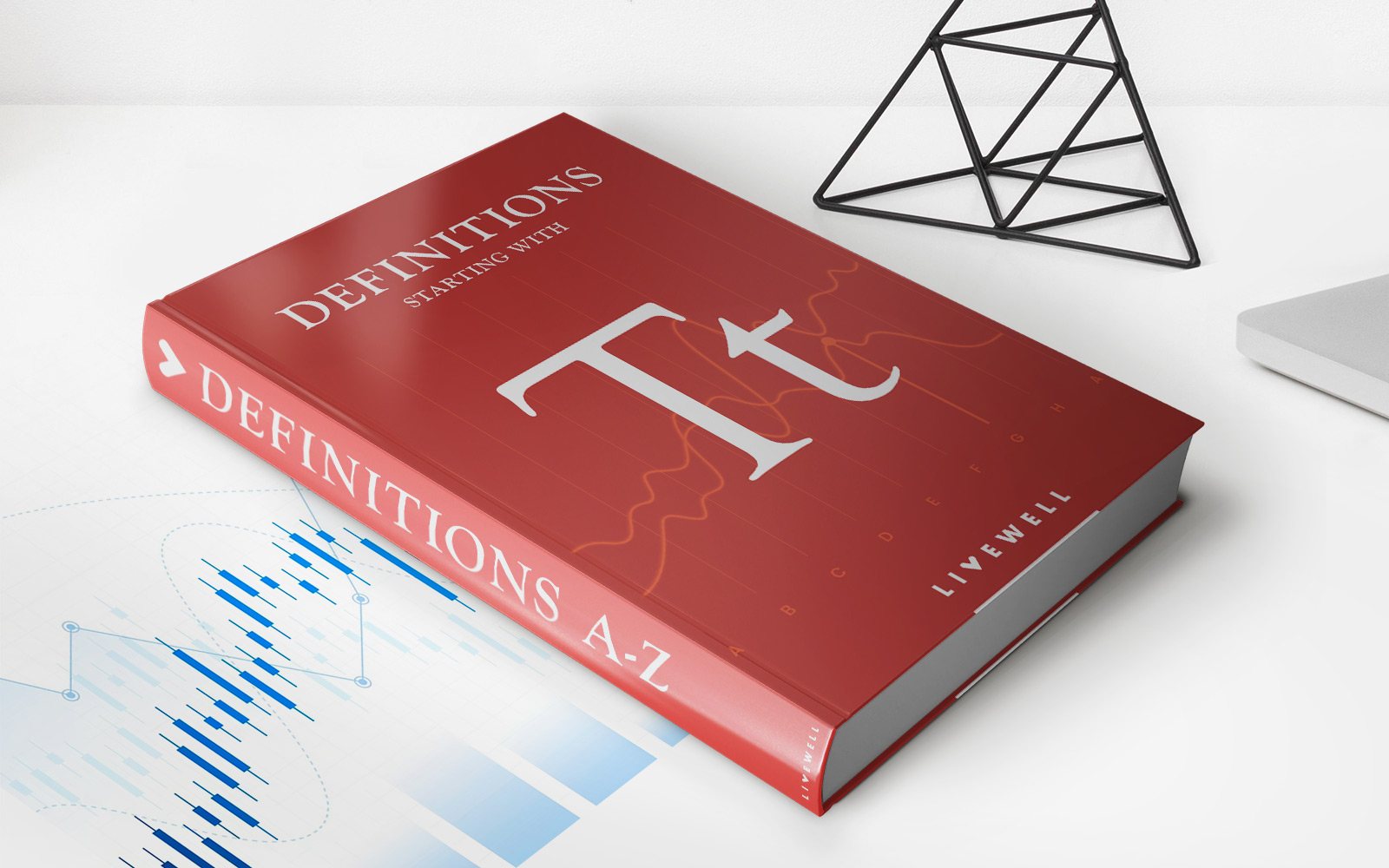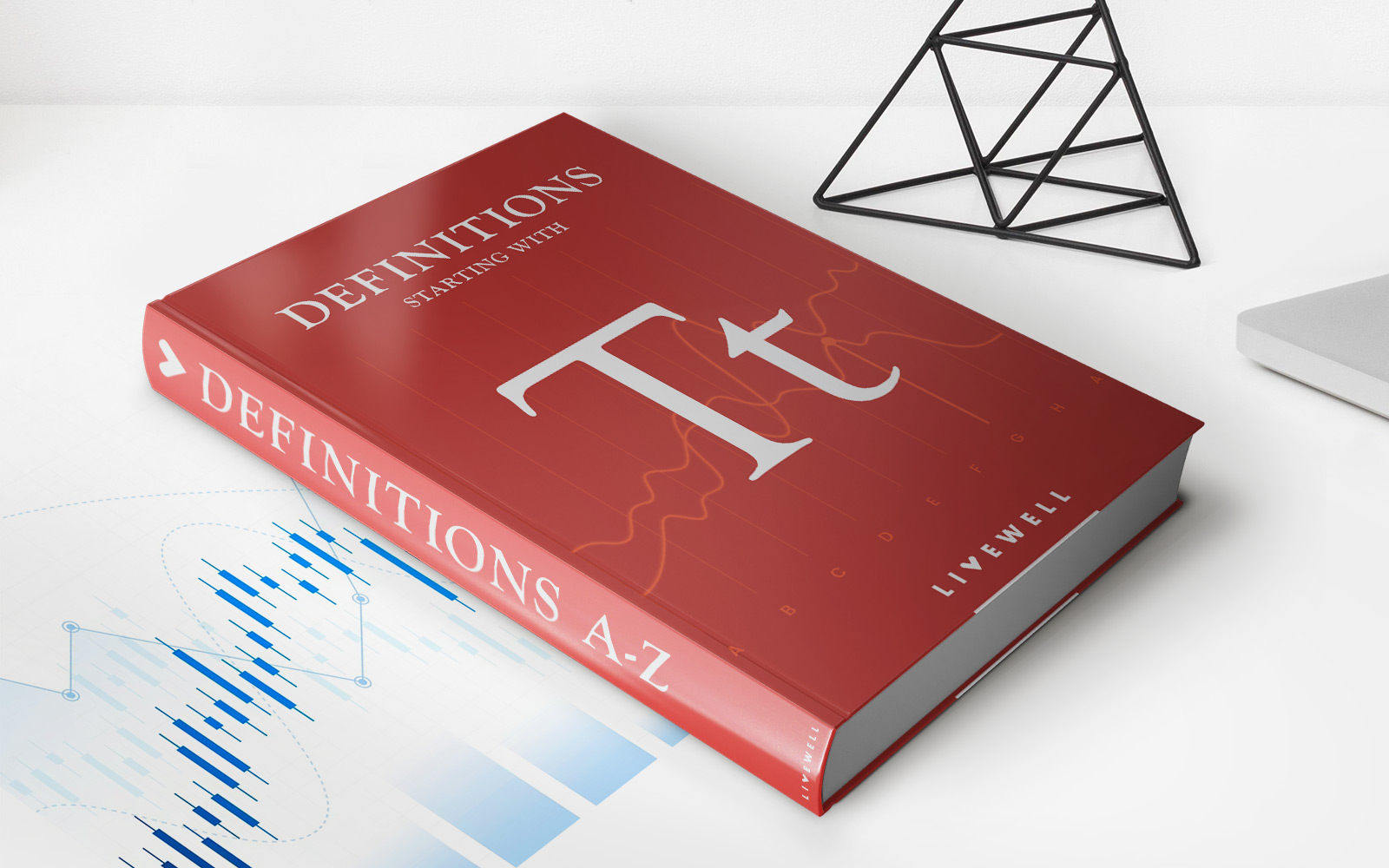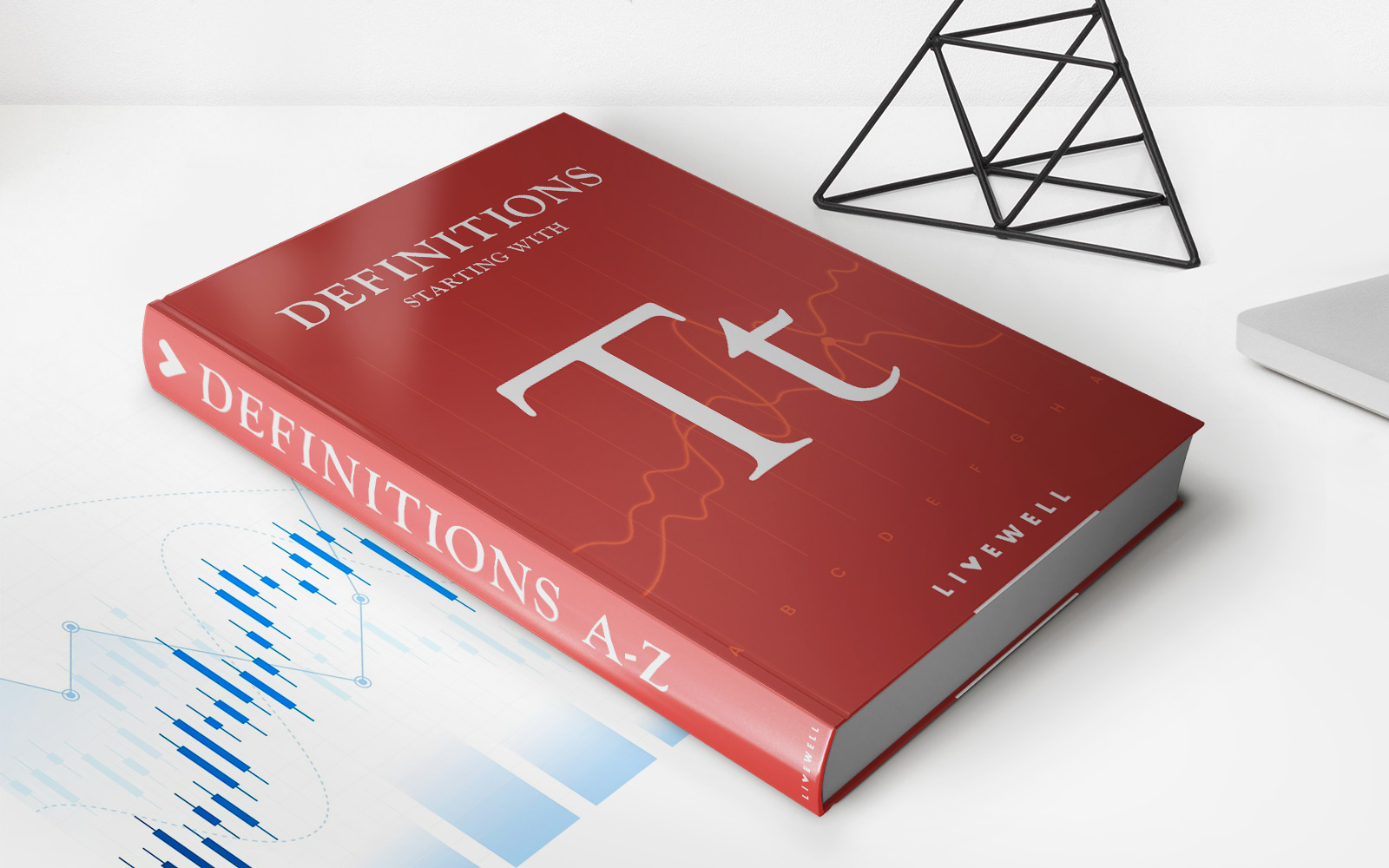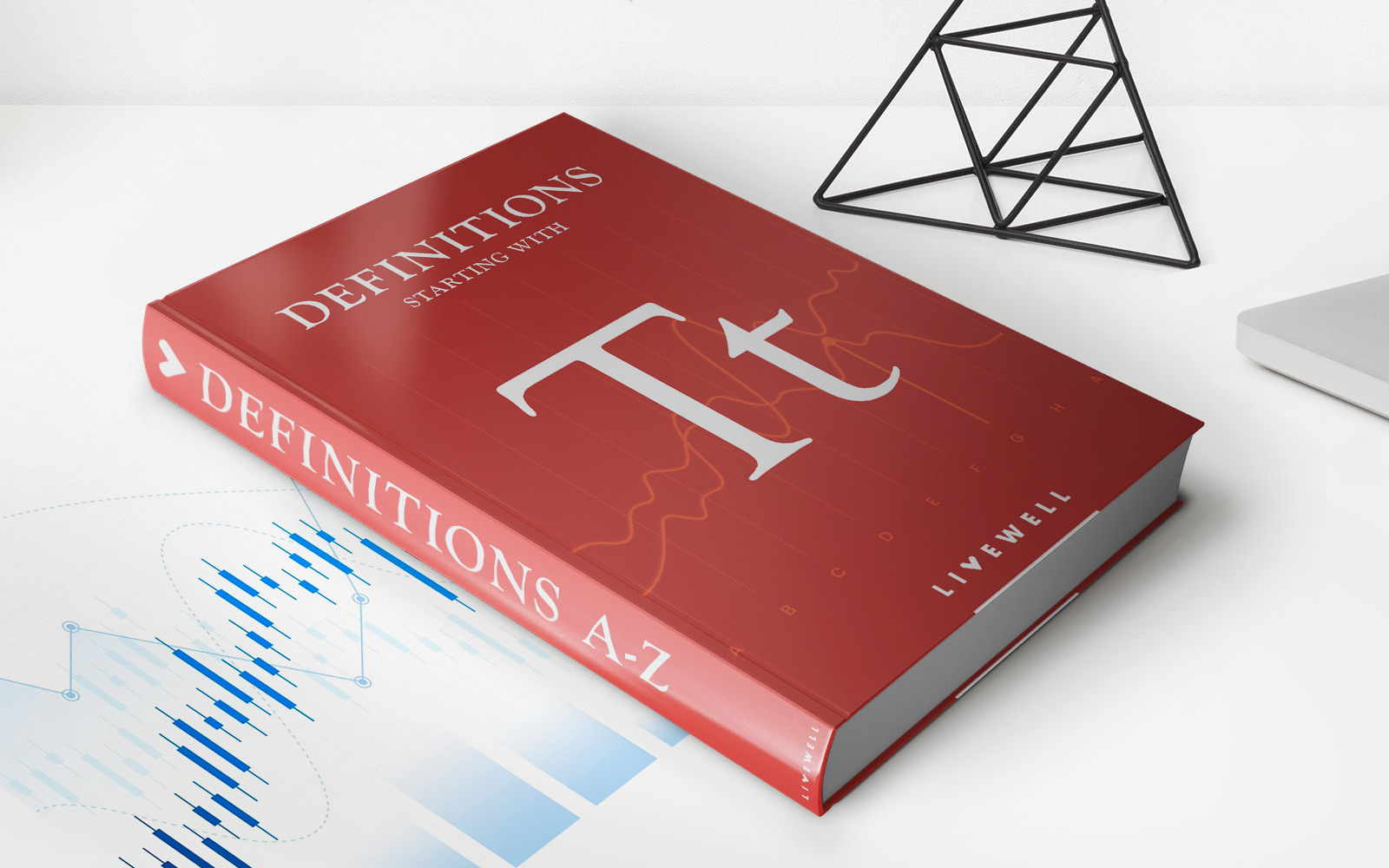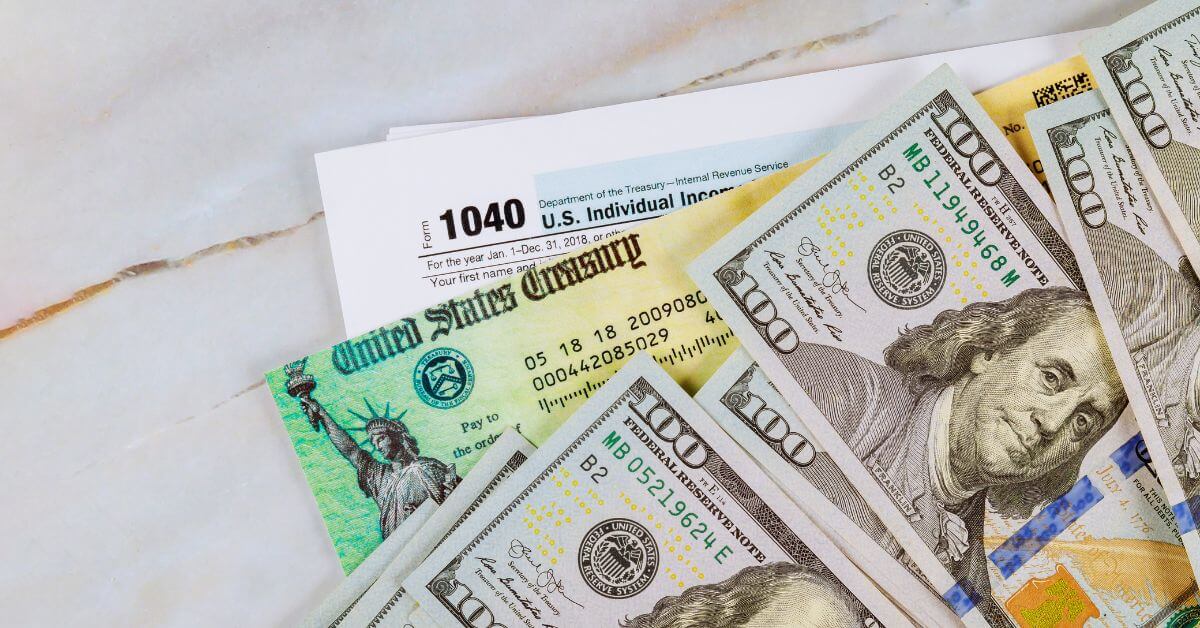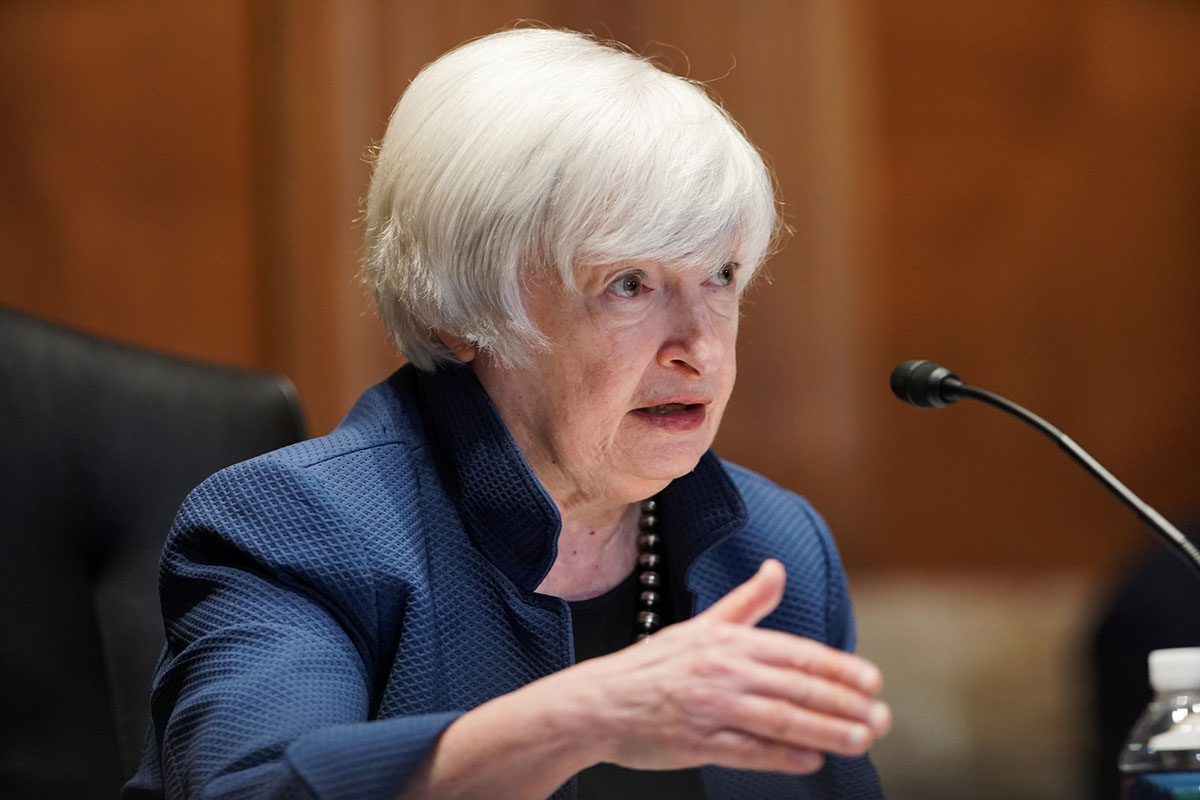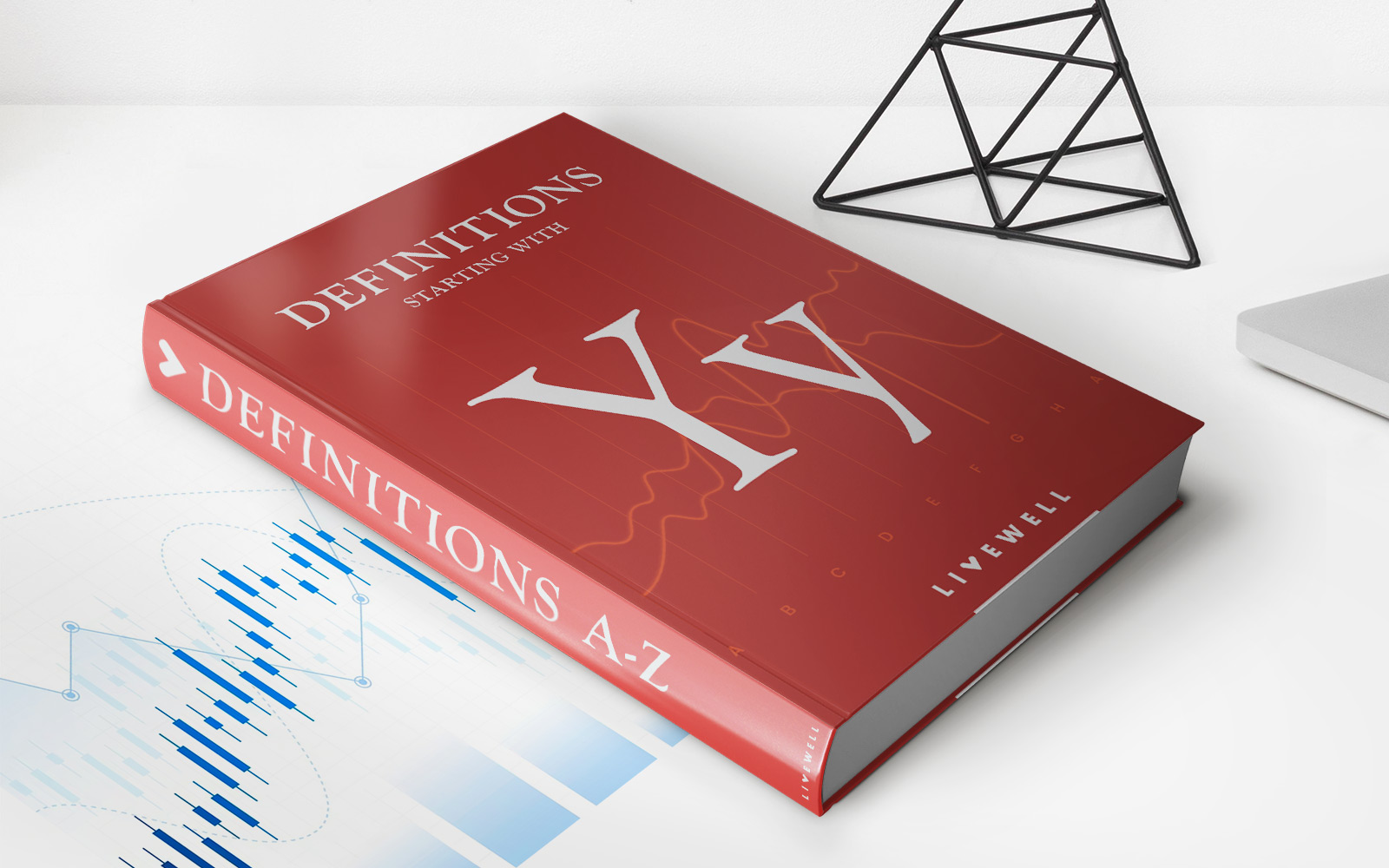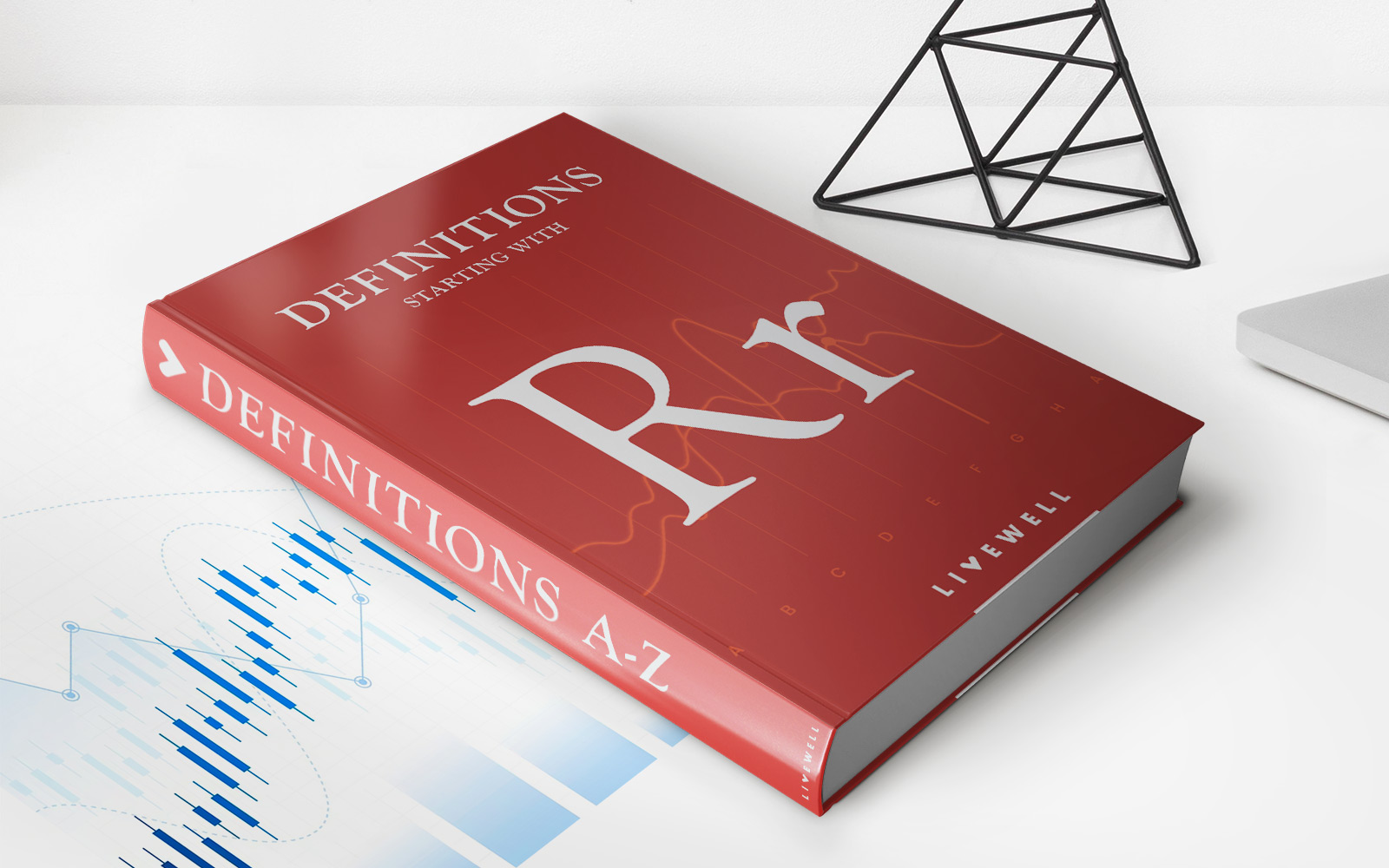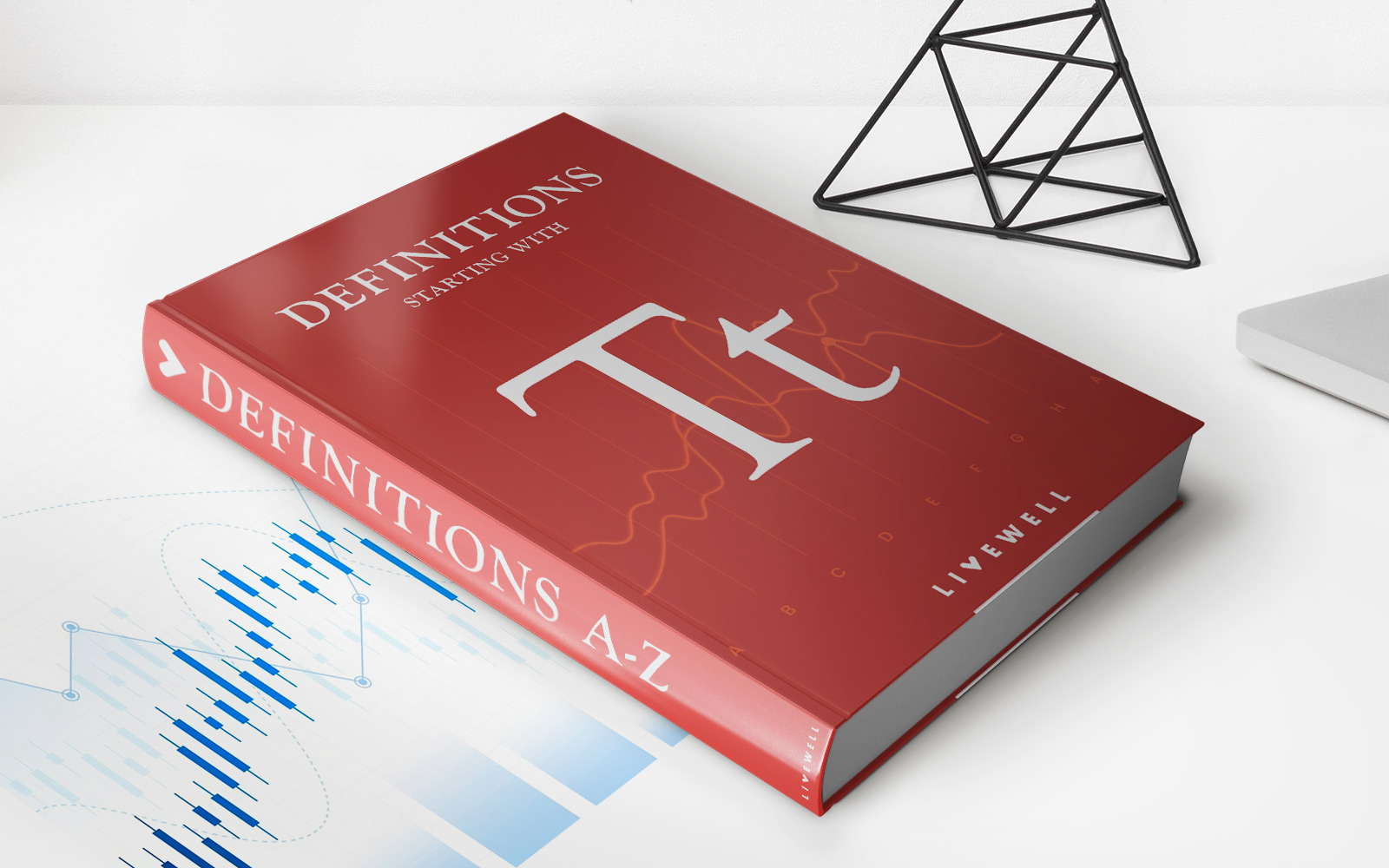

Finance
Treasury Secretary Definition
Published: February 11, 2024
Discover the role and responsibilities of a Treasury Secretary in the field of finance. Explore their vital contributions to managing government finances and ensuring economic stability.
(Many of the links in this article redirect to a specific reviewed product. Your purchase of these products through affiliate links helps to generate commission for LiveWell, at no extra cost. Learn more)
Treasury Secretary Definition: The Ultimate Guide to Understanding the Role
Greetings, finance enthusiasts! Today, we’re diving deep into the role of the Treasury Secretary. Ever wondered what this position entails and how it affects the financial landscape? Look no further. In this comprehensive guide, we’ll walk you through the Treasury Secretary definition, discussing their responsibilities, qualifications, and impact on the economy. So, let’s get started!
Key Takeaways
- The Treasury Secretary is a key member of the US government who oversees financial and economic matters.
- They play a crucial role in shaping policies, managing the nation’s finances, and implementing measures to promote economic stability.
What is a Treasury Secretary?
The Treasury Secretary is a high-ranking official in the US government who serves as the head of the Department of the Treasury. Appointed by the President and confirmed by the Senate, this individual plays a pivotal role in managing the nation’s finances and developing economic policies. With their finger on the pulse of the financial world, the Treasury Secretary influences crucial decisions that impact both domestic and international financial markets.
Responsibilities of a Treasury Secretary
So, what exactly does the Treasury Secretary do? Let’s explore their key responsibilities:
- Financial Management: The Treasury Secretary is responsible for managing the federal government’s finances. They oversee the collection of taxes, issuance of debt, and management of governmental assets.
- Economic Policy Development: The Treasury Secretary works closely with other governmental agencies and policymakers to develop economic policies aimed at fostering economic growth, stability, and prosperity.
- International Financial Relations: They represent the United States in global financial discussions, negotiations, and conferences. The Treasury Secretary collaborates with international organizations to ensure fair and transparent financial systems.
- Financial Regulation: The Treasury Secretary plays a crucial role in shaping financial regulations to maintain the stability and integrity of the financial sector. They oversee a variety of regulatory agencies, such as the IRS and the Office of the Comptroller of the Currency (OCC).
- Treasury Department Leadership: As the head of the Department of the Treasury, the Secretary leads and manages a vast organization. They are responsible for hiring and supervising department employees, including a team of talented economists, financial analysts, and policy experts.
Qualifications for Treasury Secretary
Given the importance of the position, the Treasury Secretary must possess a unique set of qualifications:
- Educational Background: A strong educational background in economics, finance, or a related field is crucial. Many Treasury Secretaries hold advanced degrees, such as a Master’s in Business Administration (MBA) or a Ph.D. in Economics.
- Financial Expertise: Extensive experience in financial management, economic policy, and global financial matters is highly desirable. Previous positions in finance, banking, or government finance agencies are often held by Treasury Secretaries.
- Leadership and Management: The ability to lead and manage a large organization is essential for success in this role. Strong leadership skills, strategic thinking, and effective decision-making are highly valued.
- Political Savvy: The Treasury Secretary must navigate the political landscape and work effectively with policymakers from different parties. Excellent communication and negotiation skills are vital.
The Treasury Secretary’s Impact on the Economy
The Treasury Secretary’s decisions and policies have a direct impact on the economy. By implementing sound fiscal policies, managing government debt, and ensuring financial stability, they contribute to economic growth and job creation. Additionally, as the face of the US government in international financial matters, the Treasury Secretary can influence global economic policies, trade agreements, and investment flows.
To sum it up, the Treasury Secretary is a key player in the financial world, with a wide range of responsibilities and a significant impact on the economy. Their expertise, strategic decision-making, and leadership qualities are crucial in shaping the nation’s financial policies and maintaining economic stability.
Thank you for joining us on this journey to understanding the Treasury Secretary’s role. We hope you found this guide informative and enlightening!
